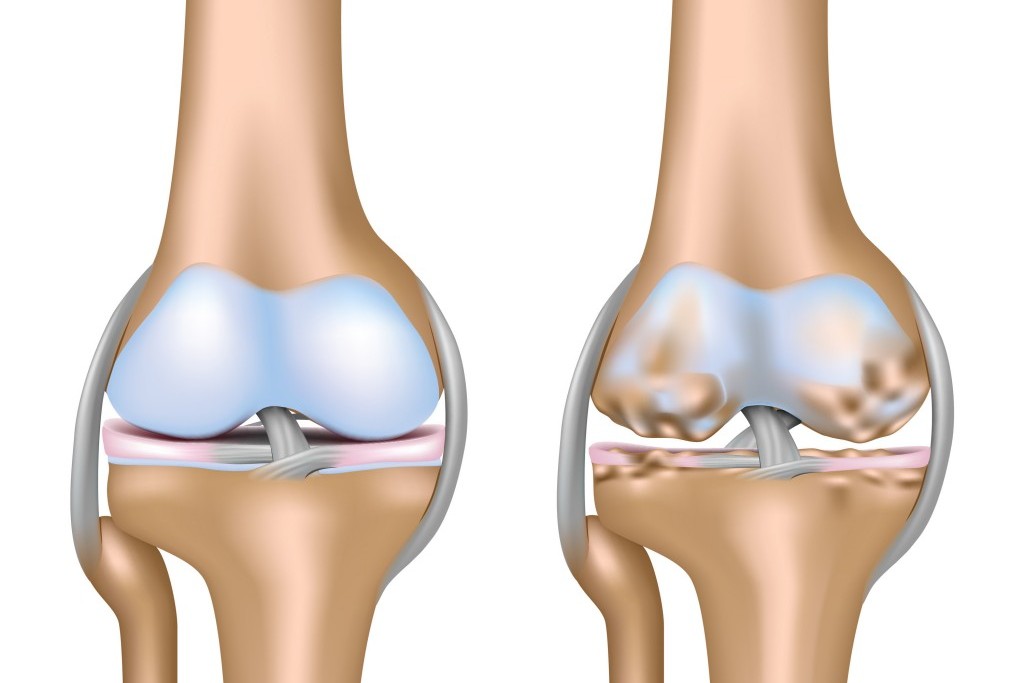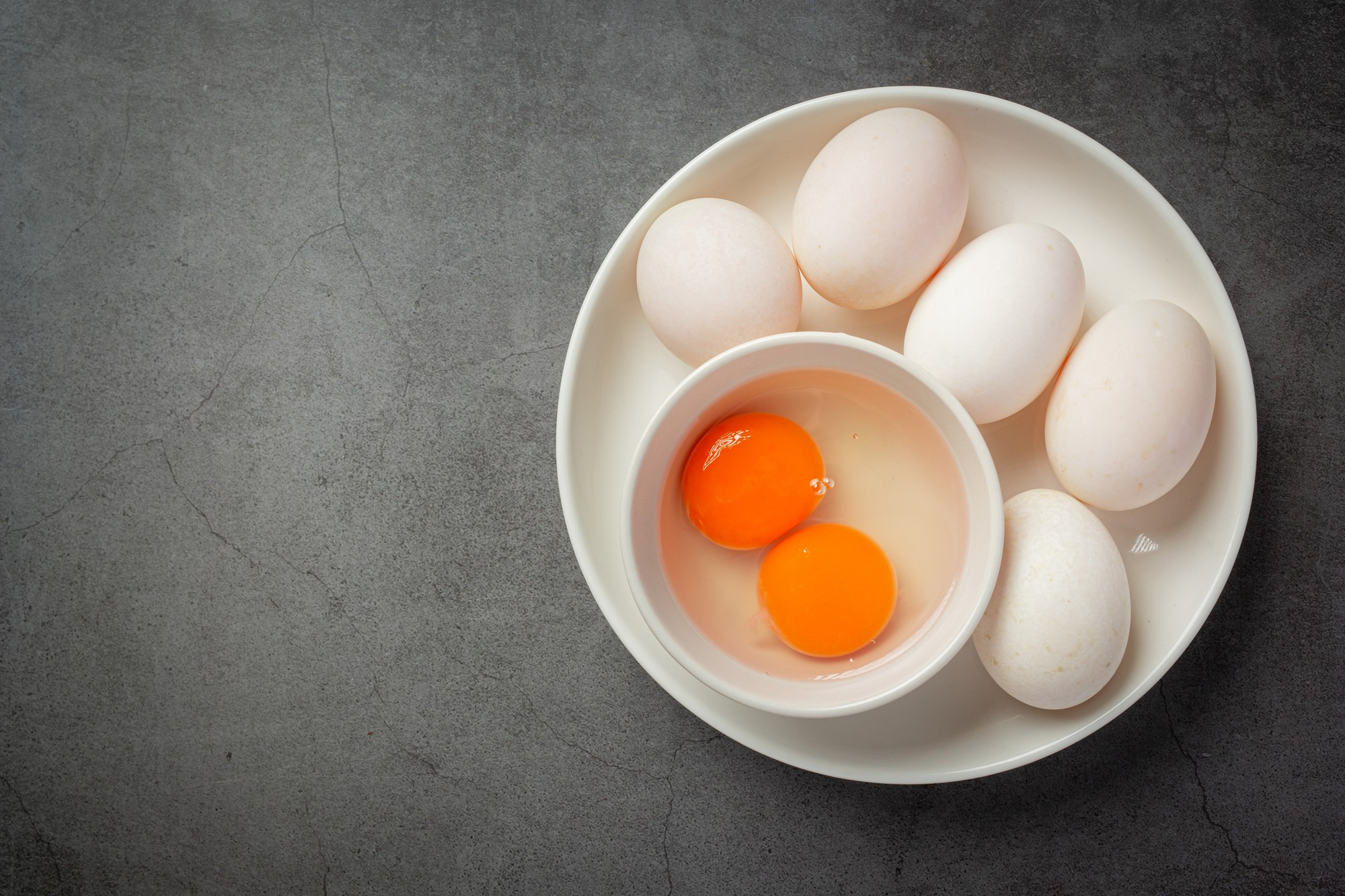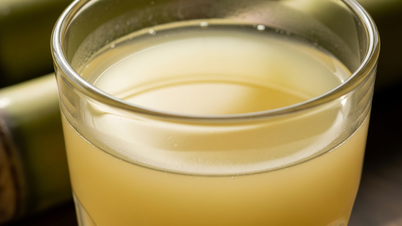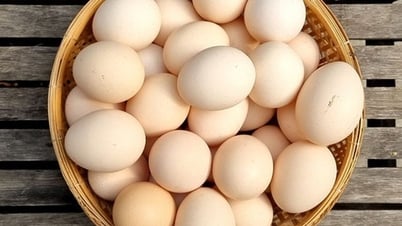1. Benefits of collagen for joints
Collagen is the main structural protein found in various connective tissues including joints, tendons, ligaments, and cartilage. In fact, it is the main component of cartilage, the spongy tissue that cushions joints. Over time, collagen production naturally decreases, which can contribute to joint problems.
Studies show that collagen supplements may provide several benefits including reducing joint pain, improving stiffness and increasing joint mobility by promoting cartilage regeneration and reducing inflammation in the joints.
A 2023 study published in the Journal of the International Society of Sports Nutrition found that supplementing with collagen peptides for 6–9 months can improve activities of daily living, pain, mental component scores, and physical component scores in active adults. This is thought to be due to collagen’s ability to enhance mobility, making it easier for those who use it to go about their daily lives.

Collagen is a protein that plays an important role in joint health.
2. How to supplement collagen?
Collagen supplements are available in a variety of forms including powders, capsules, and liquids. You should choose collagen supplements from reputable brands that have undergone rigorous testing for purity.
Recommended collagen supplement dosages may vary depending on the type and formulation. You should follow the dosage instructions provided on the product label and consult a professional for specific advice.
Collagen is generally considered safe for most healthy adults. However, some people may experience mild side effects such as bloating, heartburn, or diarrhea. People who are allergic to collagen sources such as fish or shellfish should use caution when supplementing with collagen.
If you are taking medication or have an underlying health condition, you should consult your doctor before starting collagen supplementation to avoid adverse interactions.
3. Supplement foods rich in collagen that are safe for joints
While supplements are expensive and can cause some unwanted side effects, there is a safer way to supplement collagen for joint health, which is to use natural foods that provide collagen and elastin (a type of protein found in connective tissue) that can help increase collagen production in the body.
Here are some of the best collagen-rich foods that you can add to your diet.
Bone broth
Bone broth is made by simmering animal bones, tendons, ligaments, and skin. It is an excellent source of collagen along with several important amino acids.
According to Dr. Lien Huong, Vietnam Institute of Applied Medicine, bone broth, especially when stewed with animal skin, will contain a lot of keratin, collagen and GAG (a complex carbohydrate that can participate in many processes of the body).
Bone broth contains the building blocks of strong bones: calcium, phosphorus, amino acids, and more. Deficiencies in these elements can lead to a number of bone and joint diseases.
For joints to function properly, they need synovial fluid, the main component of which is GAG. GAG helps joints move flexibly, smoothly and painlessly. GAG is not the only substance in bone broth that keeps joints moving smoothly, it has been found that collagen supplementation also reduces joint pain in athletes.
Egg
Eggs and egg whites are among the top sources of collagen thanks to their high content of collagen-building amino acids, including glycine and proline. Eating whole eggs instead of just egg whites can also provide a healthy dose of healthy fats and high-quality protein.

Eggs provide many nutrients and collagen.
Spirulina
This algae is an excellent source of plant-based amino acids such as glycine, a key component of collagen. You can find dried Spirulina in most health food stores.
Cod
Cod is rich in amino acids such as glycine and proline. It is also a good source of omega-3 and omega-6 fatty acids, rich in vitamins B12 and B6 as well as vitamins E, A and C. It also provides phosphorus, potassium, selenium and other trace minerals to the body.
Eat foods that help produce collagen
Besides eating foods containing collagen, you should also supplement foods that help promote collagen synthesis in the body such as: green leafy vegetables, pumpkin seeds, berries, citrus fruits, garlic...
These foods contain many antioxidants, vitamin C, zinc, sulfur... These nutrients are very important in the process of promoting collagen production and synthesis in the body.
Source: https://giadinh.suckhoedoisong.vn/5-thuc-pham-giau-collagen-tu-nhien-giup-giam-dau-cung-khop-172240611155056953.htm


























































































![[OCOP REVIEW] Tu Duyen Syrup - The essence of herbs from the mountains and forests of Nhu Thanh](https://vphoto.vietnam.vn/thumb/402x226/vietnam/resource/IMAGE/2025/6/5/58ca32fce4ec44039e444fbfae7e75ec)






Comment (0)